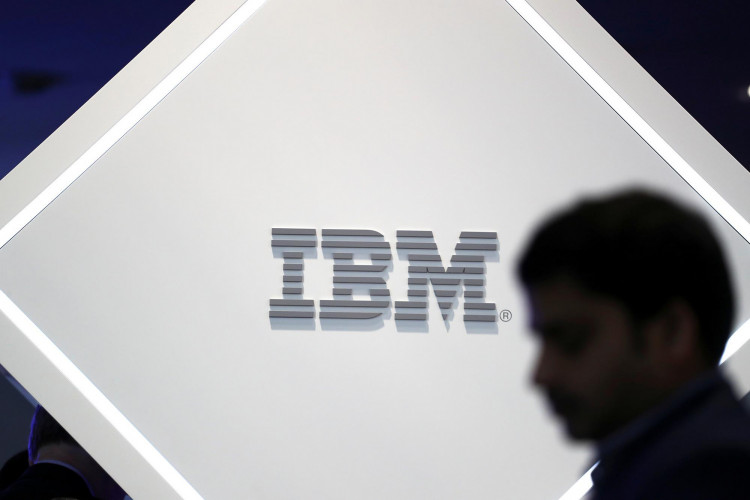International Business Machines Corp. announced Friday it was dividing itself into two public entities and spinning off its corporate server business.
Big Blue will set its sights on the growing popularity of Cloud services.
The decision - which will see IBM break off a $19 billion slab of its business - caps a yearslong operation by the first computing group in the world to shift from its legacy businesses and meet the challenge posed by Amazon and Microsoft.
The share price of the 109-year-old tech company closed at $131.49, up almost 6% at the New York Stock Exchange, as of Thursday closing. IBM shares advanced 10% during the early morning session.
The company will list its information technology infrastructure services division as a separate body temporarily named NewCo. The split will take effect late next year. IBM's infrastructure services unit provides technical support to 4,600 customers in 115 nations.
IBM's new unit will oversee infrastructure service operations such as management of client data hubs and standard IT support for repair, installation and hardware operations. The unit has $60 billion in orders, a statement released by the company said.
According to IBM chief executive officer Arvind Krishna, the timing of the diversification "could not have been better to create two market-leading entities focused on what they do best," Voice of America News quoted the CEO as saying.
IBM's yearly sales hit $77.1 billion in 2019. In his first quarterly earnings call in April as top executive, Krishna said that the group will continue to let go of its software and services that will no longer have any bearing on IBM's two main target areas for growth: Artificial intelligence and Cloud computing.
The New York-based tech giant currently employs over 352,000 workers and said it projects to shell out $5 billion in expenses in its separation and operational transformation. Krishna earlier this year laid off thousands of employees as he started the process of reconfiguring the business.
Wedbush Securities analyst Moshe Katri said IBM was essentially scrapping a dwindling low-margin business in light of the "cannibalizing impact of automation and Cloud, masking stronger growth for the rest of the operation," Reuters reported.






